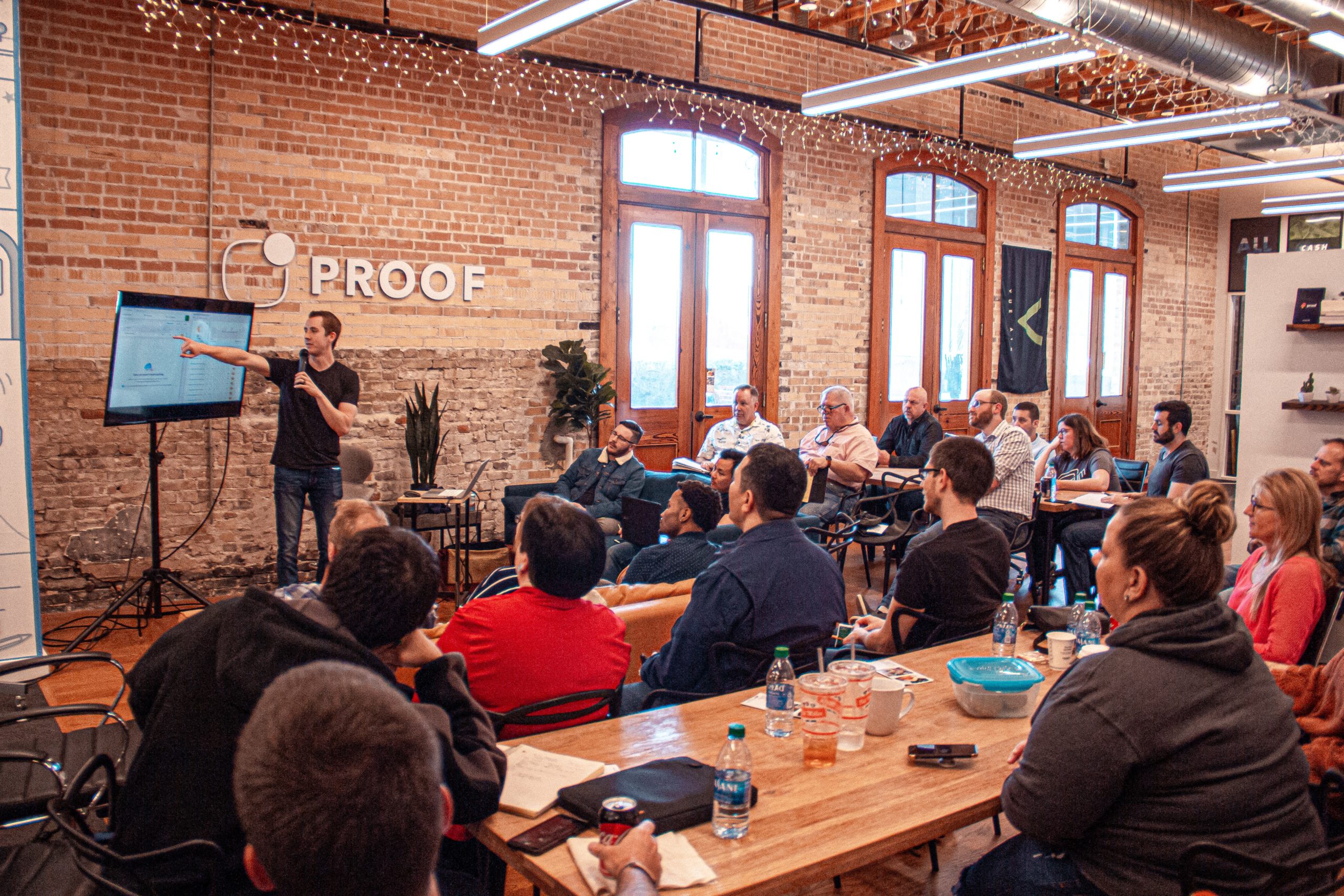Attending my first academic conference as a PhD student brought surprises, frustrations and some very useful lessons.
Arriving at the University of Padua in Italy for the 16th Regional Innovation Policies Conference in September I had little idea of what to expect. What follows here are my reflections and tips – and I’d be interested to hear yours as well. One aspect of social science results interpretation which came across very strongly at the conference was the significance of context. In that spirit, I’ll give you the context of this blog and my studies.
The context of this blog and its author
|
Let’s start by looking at the surprises encountered at the conference.
Surprise #1 – Researchers present work in progress
Several of the presentations I saw weren’t discussing finished projects, but works in progress. This included a PhD student thinking about how to analyse his data and a team whose research had generated unexpected results that they were unsure how to interpret. This is something that I haven’t observed at biotechnology conferences, where a more discrete package of work with endpoints and conclusions is presented (commercial and intellectual property interests doubtless play a role here).
It takes a lot of courage to present work in progress!
Surprise #2 – Very collaborative Q&A sessions
The Q&A sessions following the presentations were highly collaborative, with suggestions as to how research could be improved or alternative avenues to explore. These suggestions were received in good grace (not easy!) with many of the speakers furiously scribbling down ideas as the audience made suggestions.
Surprise #3 – Presentation skills need improving
Any presentation is an act of communication with your audience, and the better you are at it, then more people will engage with your work. At the conference I was
frustrated to see ineligible slides crammed with information, presenters talking to their screens rather than their audience, or sitting down hidden behind a desk. It’s a real shame when researchers lose an opportunity to share the excitement of their work.
After the surprises and some reflection, two lessons about how to learn at a conference became clear.
Lesson #1 – You’re unlikely to learn directly useful facts…
Remember that you’re (becoming) the expert in your particular research area, so unless you attend a very specialised conference it’s unlikely that you’ll be told something directly useful.
Lesson #2 – …but you will get very useful ideas
However, if you select presentations that appear to be dealing with similar research situations to yours and listen carefully you should pick up some good ideas around different angles from which to approach your work. For example, at the Padua conference in a presentation about a food cluster in Norway, the researcher talked about their use of social network analysis. I hadn’t previously considered this approach for stakeholder analysis in my biospecialised science park work, and will be doing so now.
My concluding tips for PhD conference attendance are by no means comprehensive so feel free to add any others you think are useful.
New angles and research ideas can crop up in the unlikeliest of places
Tip #2 – Talk to everyone
Don’t confine your conversation to people whose research seems to be related to yours (see tip #1) – conversing widely will make the conference more fun and get your academic network started. Ask people about their work to get the conversation going.
Tip #3 – Have a brief description of your research ready
It’s very useful to have a thirty (or fewer) second synopsis of your research at your fingertips to grab people’s interest.
Tip #4 – Be contactable
Whether its via ResearchGate, LinkedIn or a business card, make sure there’s a way in which fellow attendees can find you and continue the discussion after the conference.
Tip #5 – Write up and follow up
You’ll soon forget those great thoughts and ideas you jotted down in the margin of your notebook or on the programme so make sure you collate them in a document after the conference. And follow up with everyone you talked to at the conference, even if it’s just to say it was great to meet them (see tips #2 and #4). You never know where things might lead (see tip #3)!
Emma Palmer Foster

